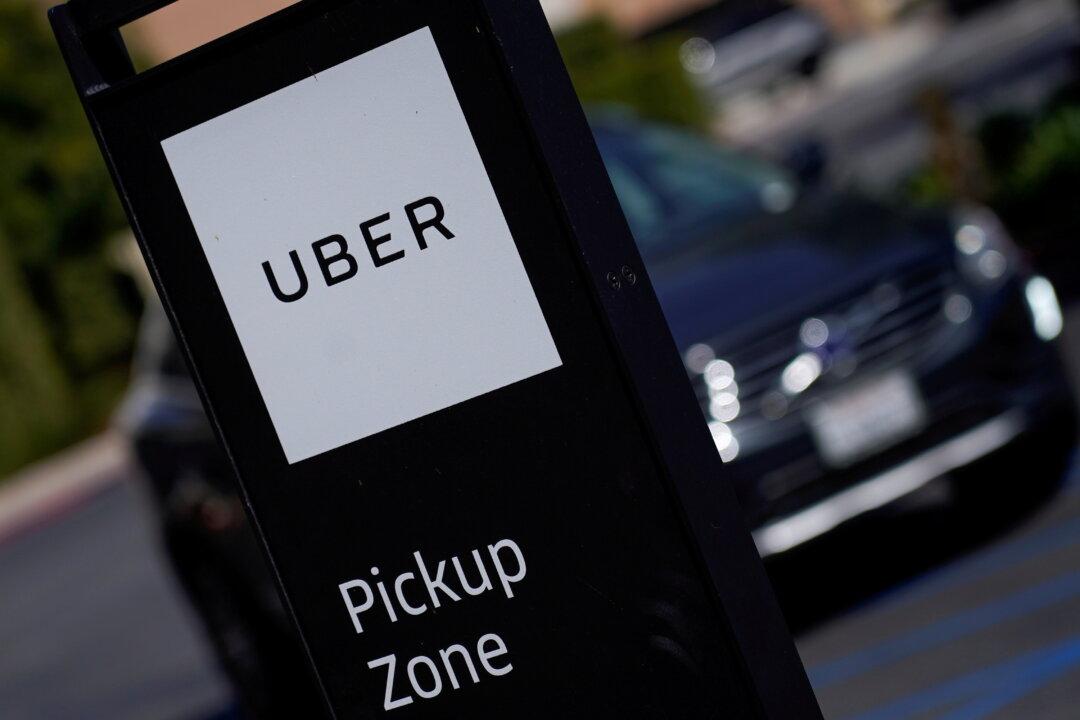Uber has agreed to pay over a million dollars in compensation to riders with disabilities who were charged discriminatory fees to settle a lawsuit filed by the Department of Justice (DOJ).
According to the DOJ, Uber charged disabled customers wait time fees after two minutes of arriving at the pickup location. The fees were charged after two minutes for the extra time the disabled customers needed to get into the cars up until the car began its trip.





